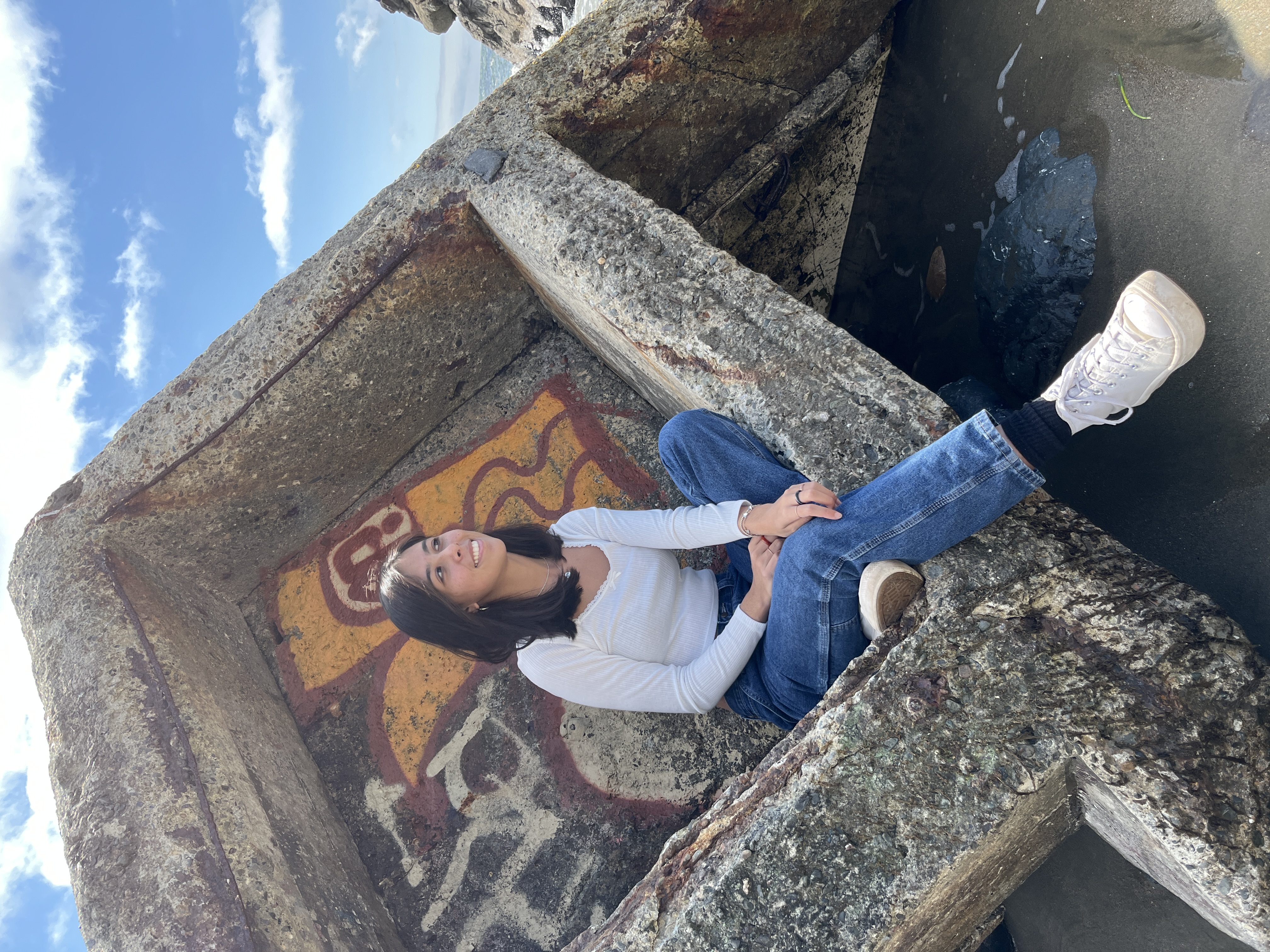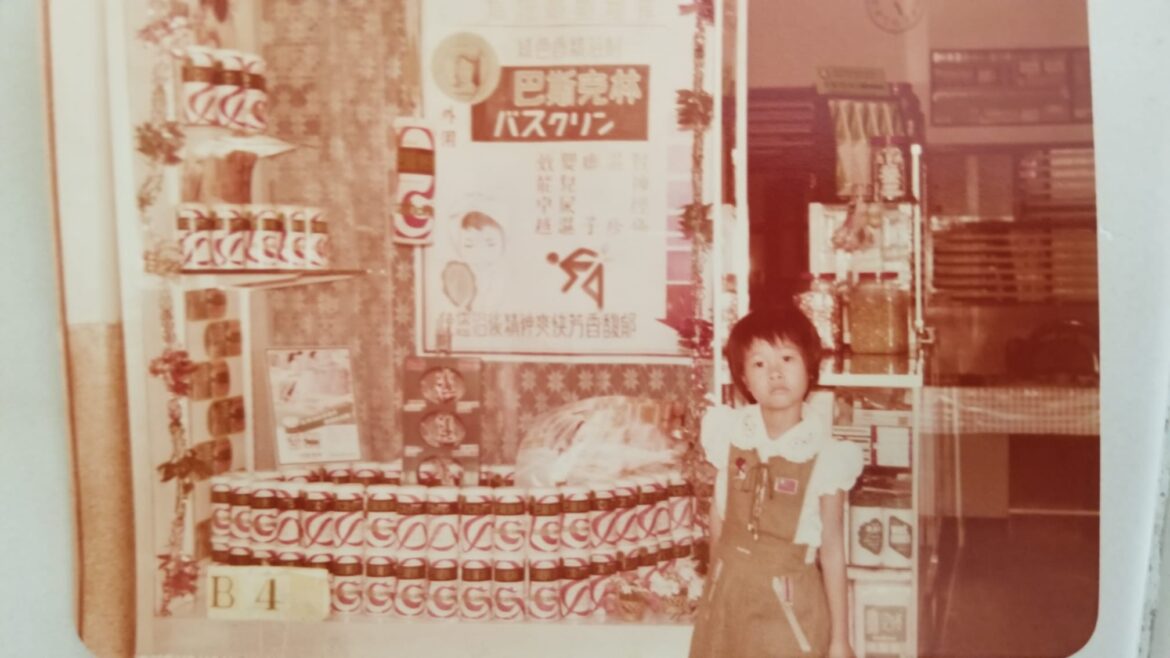Growing up as the daughter of a Taiwanese immigrant, I’ve always identified strongly as half-Taiwanese. As a kid, I didn’t understand the One-China policy: Taiwan is a part of China due to their historical affiliation. To me it was clear that Taiwan and China were different countries and only when I grew older did I realize this wasn’t true for everybody. Taiwan’s current official stance is against reunification with China and it identifies as an independent country. Only 13 other nations recognize it as a country while others have not, despite many maintaining good relations with Taiwan; these foreign governments make no move to stand against China in its insistence on its claims to Taiwan. Moreover, the island’s applications for nationhood have consistently been blocked by the United Nations (UN) since its original removal in 1971.
Despite this, I still feel very tied to my Taiwanese (not Chinese) heritage; it’s distinctly unique to Taiwan. On my visits there as a child, everybody referred to it as the country of Taiwan not as “Taipei, China” and the locals referred to themselves as Taiwanese.
As of 2019, the Aboriginals (indigenous people) of Taiwan make up 2.42% of its population, totalling approximately 572,000 people. They lived mostly in the mountainous regions of the country until the early 17th century, when a new era of Taiwanese history began with the arrival of the Chinese. However, in 1895, the Qing Dynasty lost control of Taiwan to Japan in the Treaty of Shimonoseki after the First Sino-Japanese War. This started a 50 year long Japanese rule that brought improved safety and infrastructure until its end with the Potsdam Declaration, when control of the island was transferred to the Republic of China (ROC).
The national identity of Taiwan has shifted alongside the political changes, resulting in the suppression of native Taiwanese and Aboriginal voices. Despite the Taiwanese government’s efforts in recent years to create a space for aboriginal culture, many tribes today continue to struggle in receiving government recognition for their existence.
To better understand this cultural landscape I spoke with my mother, Tzutai Cheng (鄭慈黛), who grew up in Taiwan in the 1970s and 80s.
____________________________________________________________________________________________
Question #1: Growing up in Taiwan, how present was Taiwanese Aboriginal culture in your schooling and community?
Tzutai Cheng: “There weren’t a lot of Aboriginals in my area [Chaozhou (潮州)]. I didn’t really see many in my school and their history wasn’t really taught. At the time, the government didn’t encourage learning about them and it felt like they were disconnected from the rest of the world. They live mostly in rural areas and typically come from a lower socioeconomic class.”
____________________________________________________________________________________________
The biggest force in the shaping of modern Taiwanese culture and identity was the mass immigration of Chinese peoples. In 1949, when the ROC relocated to Taiwan fleeing the civil war in mainland China, over a million Chinese citizens arrived. Since then the relationship between China and Taiwan has fluctuated. Currently citizens of both countries can easily visit each other and get married highlighting the closeness of Taiwan and China despite conflicting views on reunification..
Question #2: Growing up, did you feel a clear divide between Chinese immigrants and Taiwanese-born citizens?
Tzutai Cheng: “When I was little, people lived peacefully together, but not when the Kuomintang Party (中國國民黨), or KMT, first arrived [in 1949]. We [native Taiwanese] called them “out-of-province people,” or “wai xing ren” (外省人). The Taiwanese were unhappy because they took over [Taiwan’s] resources, houses, and many jobs, including in government, [which the] Taiwanese people felt had grown corrupted. [In China] they lived in very poor conditions and civil engineering was underdeveloped compared to Taiwan at the time. On February 28th, 1947 the Taiwanese people rioted against the Chinese, but as time passed people got along better. There were [children] of wai xing ren origin at my school. Nowadays you don’t really see a difference, but in the 1950s and 60s, it was very chaotic.”
____________________________________________________________________________________________
Question #3: How would you define Taiwan’s status as a sovereignty? Would you call it a state, country, etc.? Do you consider yourself Taiwanese or Chinese?
Tzutai Cheng: “To me, Taiwan is a country. When I was little, the public education [system told] us we were part of China. In history [class] we studied Chinese geography and history, and nothing about Taiwan. I was confused; why did I have to study China when I’ve never been there and had never seen any of the places? The KMT government kept pushing the narrative of reunification with China [under a non-Communist government] but as time passed the people in Taiwan grew tired of the corruption and wanted their own political [representation]. So the Democratic Progressive Party (民主進步黨), or DPP, was founded in 1986. After a generation, the [wai xing ren] started merging with [native] Taiwanese people and fewer people wanted reunification. Everyone wanted independence.”
____________________________________________________________________________________________
For many years, the KMT government had a heavy hand in influencing what rhetoric was pushed in public schools and in the mid-20th century it pushed the idea of merging with China with the intent of replacing the Chinese government. This was the environment at the time my mother attended elementary and middle school.
Question #4: When you were a kid in Taiwan, did you feel like your school’s curriculum was pushing a certain agenda and/or propaganda?
Tzutai Cheng: “We were brainwashed. In elementary school [they would tell us] one day we had to fight back and take over China. We were forced to speak only Mandarin, not Taiwanese [Hokkien (福建话)]. Taiwanese culture and history were disappearing. Once the DPP [came into power, the government] started promoting more Aboriginal/Taiwanese culture and independence. When I was little though, the words were very clear: “Fight back.” We were going to take over China and reunify.”
____________________________________________________________________________________________
There’s a noticeable generational gap between millennials and Gen-Z and older generations when it comes to opinions on Taiwanese independence. My mother’s ancestors migrated before Japan took over and the arrival of the wai xing ren. From her perspective, it seems the conflict stemmed originally more from differences between wai xing ren descent versus the original migrants rather than generationally.
Question #5: Could you describe the generational divide regarding Taiwanese independence from your point of view?
Tzutai Cheng: “When I was young, the older Chinese and military people wanted to [reunify with China]. And the original Taiwanese people, they just wanted to be independent. Nowadays China is such a powerful economic country and their ways of governing have become less totalitarian, but is still less democratic than Taiwan’s on many levels. So of course Taiwanese people don’t want to be a part of it. We have freedom of speech and religion. The Taiwanese know that militarily we cannot fight back, so we want to be left alone, independent.”
____________________________________________________________________________________________
The ease of cultural exchange between Taiwan and China has long been used to justify the One-China policy.
Question #6: The blend of Chinese and Taiwanese culture is more easily facilitated than ever before; how would you describe Taiwanese culture in comparison with Chinese culture? What makes it distinct or similar?
Tzutai Cheng: “Many Asian countries share holidays. We follow similar practices in that sense, but that’s not specifically from China. We celebrate our Aboriginal history and community more now and promote their languages and culture. There are many dialects in Taiwan too that are now being recognized. The government is trying to get these cultures back and I think that’s the biggest difference between Taiwan and China.”
____________________________________________________________________________________________
Speaking with my mother was enlightening. I got to learn more about her childhood and upbringing and a better understanding of my own heritage. Taiwan’s history and national identity are complex. Its rich culture and its diverse citizens make it a truly unique country that deserves to be recognized as such.
Edited by Ailish McGiffin

Hannah Hipólito is in her first year at McGill University pursuing a Joint Honours BA in Political Science and Sociology. She enjoys researching and writing about public policy and culture, especially in relation to education, civil rights, and gun control.

